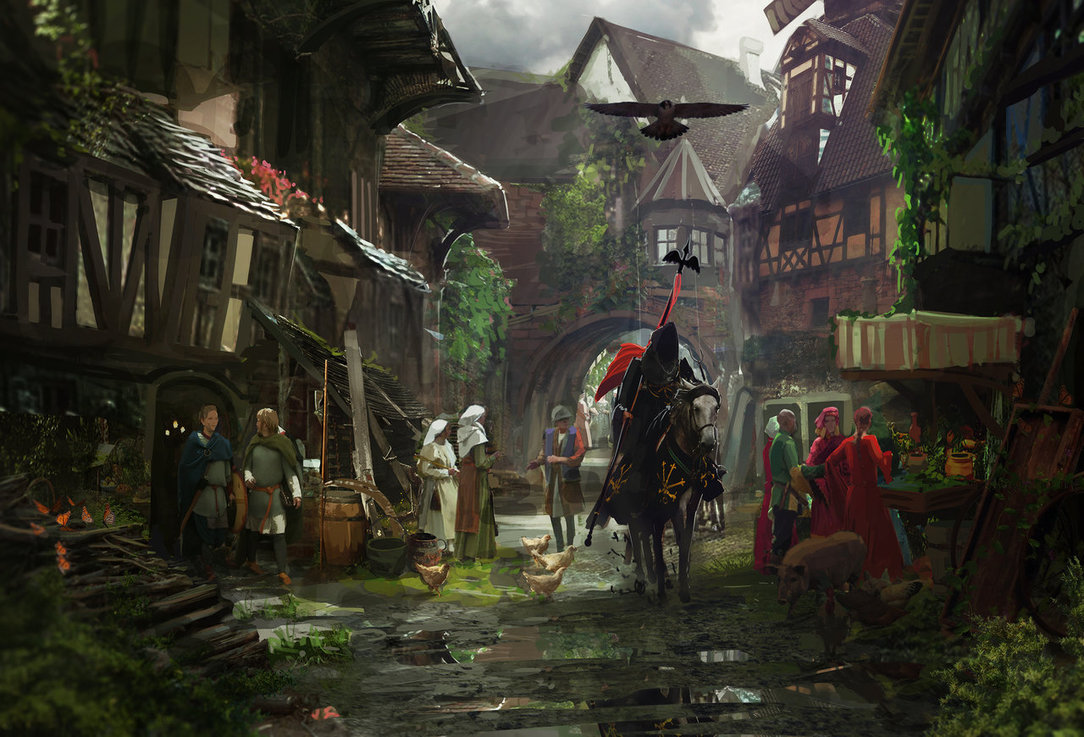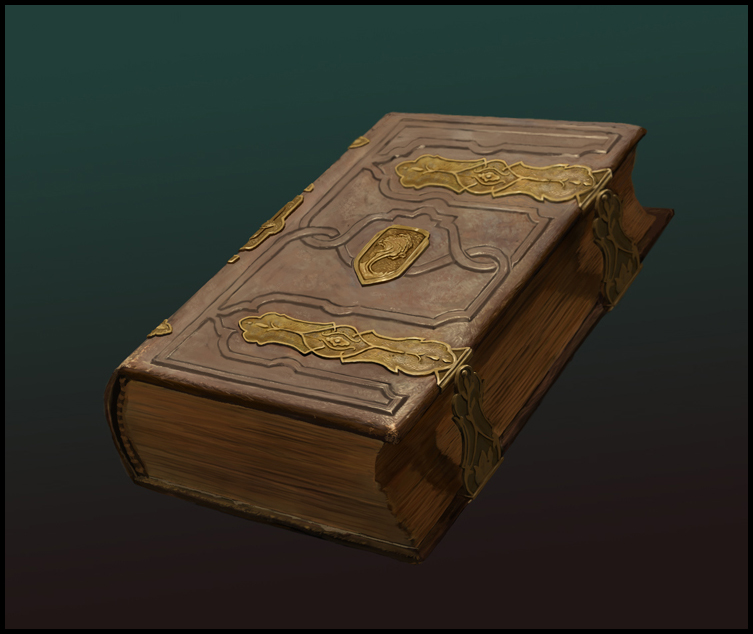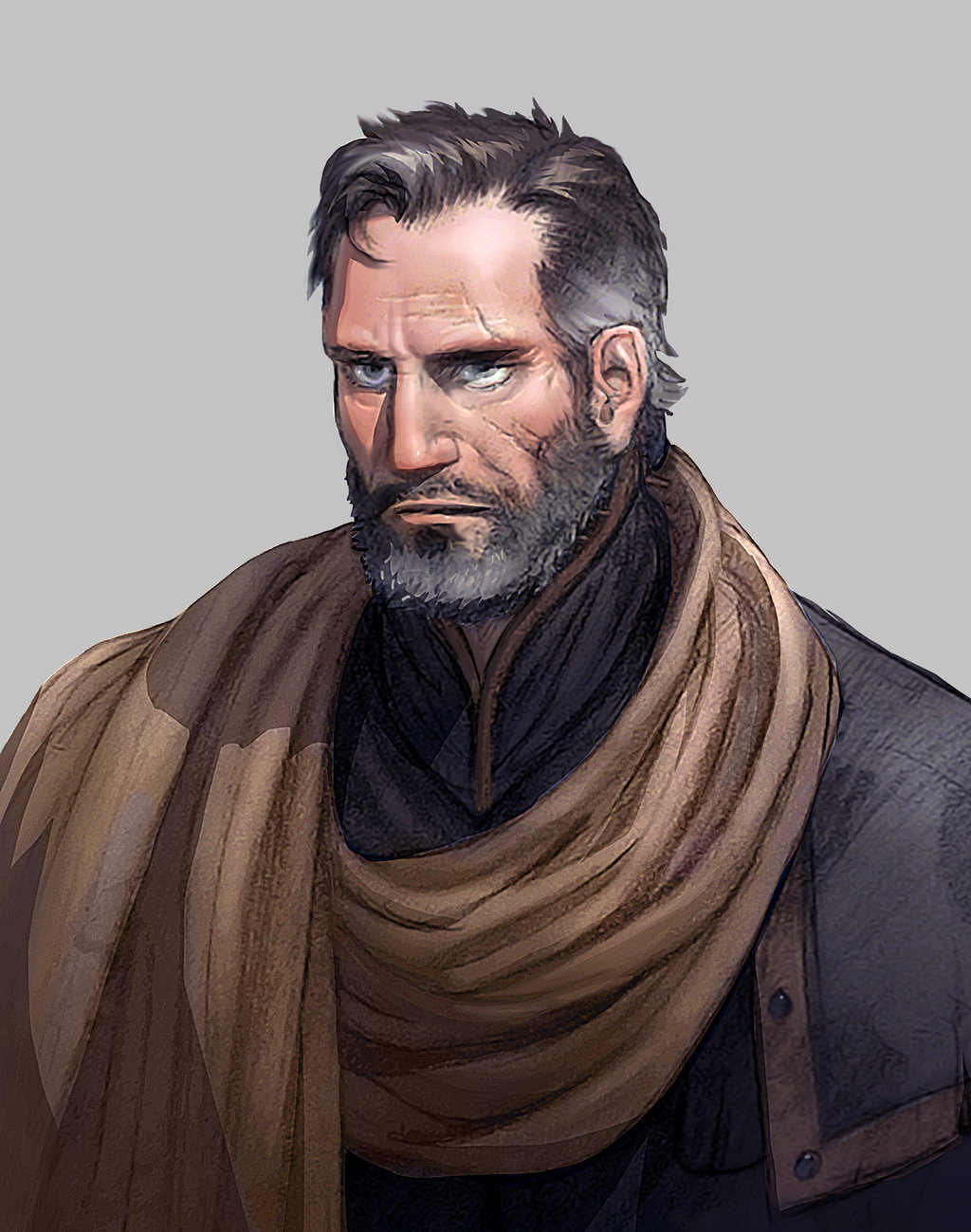Feast of the Valley
Overview
A festival celebrating the sacrifices of the Alpine Highlanders and the loyalty owed to the Kaiserreich and the Lunar Oracle. The Feast of the Valley is celebrated during the Dragovian New Year, different from those of the surrounding countries as it occurs mid way through fall instead of in the mid of winter.History of the Feast
The origins of the Feast of the Valley date back to the Holenzvailer Dynasty, during a time of social unrest. In the Dragovian kingdom, with it’s seemingly endless mountains, the most valuable land is in the valleys. It’s soil is enriched by the melting glaciers and rivers fed by mineral hotsprings. But land on the peaks, the cliffs, in the crags and canyons is poor. Many of the inhabitants of the “highlands” are descendants of Dragovian families who volunteered to settle the otherwise inhospitable land so they could stand as watch posts for the villages and fortresses below. Over time those on the top were, ironically, looked down on by those on the bottom. Wealth in Dragovia has always been centered in the lowlands where the land owners could grow their crops and raise their cattle while those on the highlands have barely eked by. But this all changed during the reign of Kaiserreich Franz von Welserburg of the Holenzvailer Dynasty. Some say that he was responding to the increasing unrest of the highlanders. Others say that the Lunar Oracle had made a prophecy that drove him to action. But the most popular story told is that he was sincerely sympathetic for those who had lived so long in poverty. Regardless of his intentions the celebration has become a time treasured part of Dragovian culture.First Day
The Mountain Run
Every year in the weeks leading up to the eve of the New Year Festivities the Mayor of each village holds foot races. It is considered a great honor to win, as on the eve of the New Year the fastest runners are gathered in the town square and presented with durable yet handsome coats and jewelry. Carrying these in packages they are sent running up the mountain sides, stopping at each highlander’s home to give them the gifts they carry and invite them to the feast being prepared in the town square. The faster runners are sent to the lower homesteads so they can catch up to the slower runners, in this way all the runners converge on the last and highest homestead as one large group. After presenting the gifts the runners guide the highlanders down the mountainside to the feast on the backs of draft horses. As they descend they come across soldiers waiting for them. Upon sighting the procession they shout out to those preparing the feast in the valley below, notifying them of the procession’s progress. While what they shout serves a practical purpose of giving the village time to make final preparations out it is also part of an elaborate musical tradition. The words may change from village to village but the most common iteration is as follows:“Oh you in the valley!~ The reaches are coming~ To give their report~ Of the work they have done~ Prepare to receive them~ And end the old year! . Oh you in the valley!~ Remember your peace~ And the land’s blessed bounty~ Be joyous and sing~ Prepare to receive them~ And end the old year! . Oh you in the valley!~ They’re coming to witness~ The fruit of your toil~ That their diligence bought~ Prepare to receive them~ And end the old year!
When the procession reaches the outskirts of the town they find it decorated with banners and mountain wildflowers, it’s streets cleaned for the procession’s arrival. As they make their way through the town they hear a chorus growing stronger and stronger with these words.
“Oh you from the reaches!~ Be welcome, be welcome~ You’ve guarded year round~ But your task is now done.~ With joy we receive you~ And end the old year! . Oh you from the reaches!~ Be welcome, be welcome~ We’ve toiled all year round~ And reaped the good earth~ With joy we receive you~ And end the old year! . Oh you from the Reaches!~ Be welcome, be welcome~ With the King of the Mountains~ A feast we have wrought~ Rest now from your troubles~ With joy we receive you~ To start the New Year!”
Reporting Feast
The highlanders ride into the square amidst this chorus where they take an honored seat at the table with the Mayor and local Lord. Before sitting down the Lord asks a representative from the highlanders, typically the oldest lucid matriarch or patriarch, of what he has seen from his post. The highlander responds by recounting any events that had them light the watch fires, or if no such event happened then by thanking the Gods that peace has reigned for at least a year. Upon finishing the highlander’s account the Lord bows deeply to highlander, who is then helped into the seat of honor by the mayor. This step complete the mayor summons the village historian who goes over all the major events that happened that year, how many children born, great successes or failures, the conditions of the crops, etc. After that the Lord says a few words and invites the local priests or priestesses to bless the feast. The feast is divided very clearly between food that has been developed locally and food that comes from outside. Of the food developed locally one can expect to find bratwursts and sausage, oatmeal, thick wheels of cheese, tart and sweet apples, cold ham, yogurt, chilled milk and ale. Foreign food that frequents the New Year feast include chocolate, spiced wine, grapes, and seafood.Second Day
With the welcoming of the Alpine highlanders over the main attractions are brought into full swing the following day. While all villages and towns try to do something unique to set themselves apart one can expect to find the following festivities happening wherever they go:Beer Garden
A large fabric canopy is set up to cover a good portion of the town square. Underneath an area is set aside for communal eating, drinking, and singing on large sturdy picnic tables. Stalls are manned by the local inn and tavern, enterprising locals, and even traveling food peddlers to serve the Feast attendees. Bratwurst, sauerkraut, pretzels, mustard, roast boar, warm rye bread, and more is produced and consumed at a sickening pace. Deep cellars in the mountain villages means cold beer is always available for the festivities, although in recent years enchanted beer taps that chill the beer as it is dispensed have become popular among the elite. The cost, however, prevents it from replacing the tried and true method.Musical Perfomances
Dragovia stands between the reverence that the Byrtonilians give their bards and the outright derision with which the Rhenesians scorn theirs. Outsiders are generally not trusted in many of the insular villages nestled between their snowcapped mountains, but a bard can generally receive a warm welcome, especially during the cold of winter when travelers and entertainment are harder to come by. Shortly second day's festivities begin any bards who are present may perform, taking turns on a communal stage. The Lord, the Mayor, and the Highlander representative confer on the best performance and award a larger purse of coins to the winner.Guild Fair
Both an intense money-making opportunity and a source of pride for the guilds is the Guild Fair held during every Feast of the Valley. The best examples of each guild's work is put on display, with new techniques and products often being kept secret until they can be revealed at the fair. Apprentices take down commissions for work from visiting patrons at the guild stall and watch how their masters do business. Journeymen debut at the fair, hoping to establish their name. However they must be careful, a poor showing at the Guild Fair can haunt a craftsman's reputation for years to come.Wrestling Competition
Wrestling is an honored sport among Dragovians, one of the only places where both nobility and peasantry compete against each other. Matches are held in dirt arenas squared off with fencing and winners are decided by either who has the most points after six rounds or whomever gets a pin. A wrestling event for children is held where multiple children must group together and beat a man dressed as an orc conscript. The "orc" has pouches tied to various parts of himself filled with rock candy for the children to grab. However the child who grabs the last pouch gets a sack of candy and a gold coin given to them, so it is a game of foregoing immediate reward for potential long term gain.Final Day
Mass of the Lunar Oracle
To finish the feast the head of the largest cathedral or monastery recounts the history of the Gods, the northern migrations, the settling of the mountains, and the Lunar Oracle. In many of the more modern villages and towns the history of the gods is given mere lip service or none at all, but the conquest of the mountains and the first Lunar Oracle are always included. When done, the priest/priestesses or whoever was chosen to share the history of the kingdom turns the time over to the Lord who blesses the assembly and performs a final toast reciting “To the King, to the Mountains, to the Oracle”.Culmination of the Feast
The highlanders are led back to their homes by an honor guard, while the sounds of the village’s chorus echo up the mountain after them. For many this is the only chance they have to truly feel included in the villages they stand watch over. The New Year celebration binds them to their villages, makes them feel valued and has produced for generations the stalwartly loyal alpine highlanders that Dragovia is known for. For the highlanders their task to stand guard is a sacred duty."Today we stopped in a Dragovian alpine village named Unterspitzen, bordering the Black Jaw orc reservation. Our guide it seems was a distant relative of the Mayor, a portly man named Otto Schneider sporting an exquisitely waxed handlebar mustache. Mayor Schneider established lodging for us in the local tavern the "Unicorn and the Woodsman". That night we dined as guests of the Mayor and the local lord, an old knight named Sir Gunter. My companion Martin Pennington was quick to ingratiate himself with Sir Gunter, while I for my part enjoyed talking with Mayor Schneider and his family. Upon hearing the anthropological nature of my writings the Mayor decided that we would be his invited guests for a local celebration named the Feast of the Valley....
While making notes on the rules Dragovians use in their wrestling matches I was taken by surprise when I was violently knocked to the ground! It seems that here a ring-out is counted the same as a pin, and so one wrestler has simply picked up his competitor and thrown him from the ring whereupon he collided with my person. While I managed to escape injury, to my dismay, my notebook did not. My guide, one of Mayor Schneider's sons who had been assigned to me, simply grinned, gathered my pages, and pointed at the nearby craft fair under the largest tent. Walking between stalls manned by blacksmiths selling puzzleboxes, tailors doing fittings, and to my surprise even an elvish jewelry-maker, I was led to a book maker who took my pages and made measurements (all the while sniffing judiciously). In return for one gold coin I received both a replacement notebook and my old notebook rebound in drake leather by the end of the festivities. That investment has paid for itself many times over the years.









Hey there, thanks for entering the Festival challenge, be sure to share your article on Reddit, Facebook, Twitter and any other social media sites! Remember more hearts (at the bottom of the page) increases your chance of winning! - GorgeFodder (World Anvil Community Team)
Oh. I thought that was explicitly against the rules.
Nope, get sharing :-)